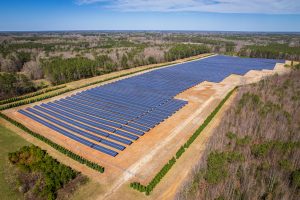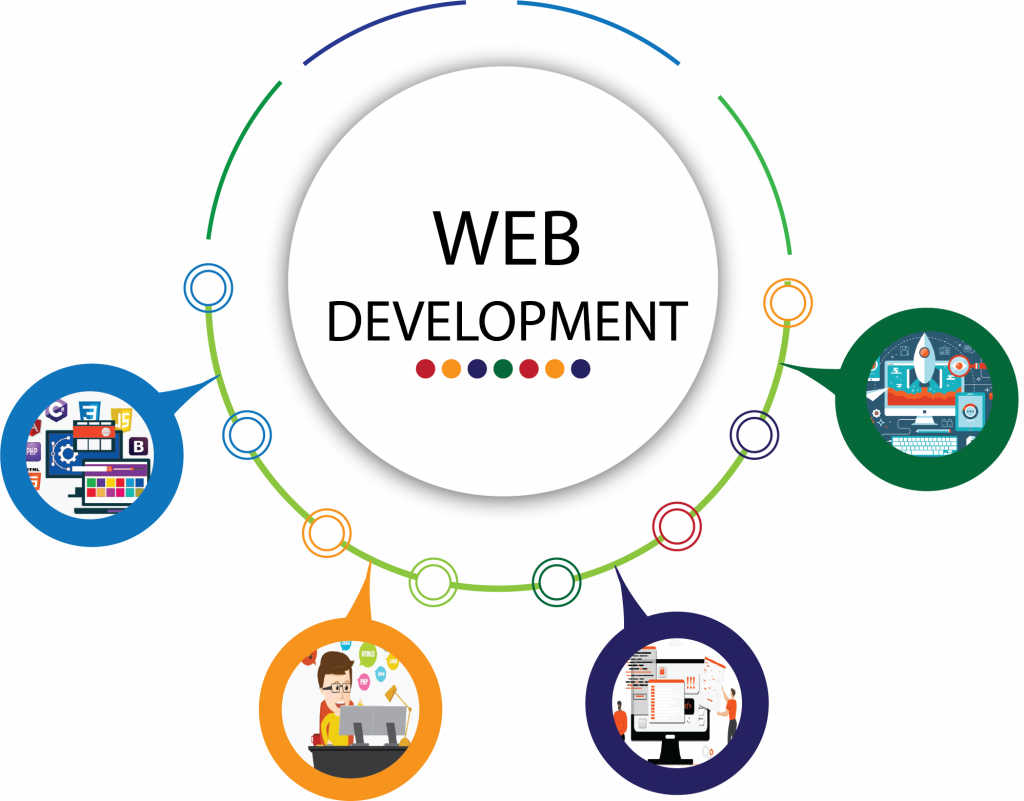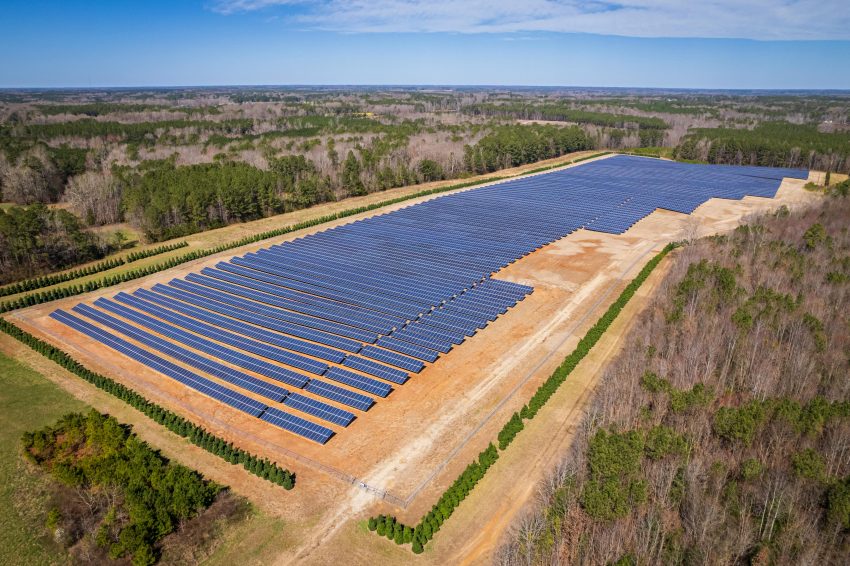How Do You Explain Solar Panels?
Solar panels have become synonymous with sustainable energy in the modern era revolutionizing the way we harness power from the sun to meet our electricity needs. In this comprehensive guide we’ll delve into the intricacies of exploring how they work their components installation processes environmental and economic advantages and much more.
Introduction to Solar Panels
often referred to as photovoltaic PV panels are devices designed to convert sunlight into electricity. The significance of energy lies not only in its renewable nature but also in its potential to reduce our dependence on traditional nonrenewable energy sources.
How Do Solar Panels Work?
At the heart of solar panels is the photovoltaic effect a phenomenon where certain materials generate an electric current when exposed to sunlight. This process involves the transformation of sunlight into direct current DC electricity which is then converted into alternating current AC electricity through inverters for household use.
Components of Solar Panels
cells the fundamental units of play a crucial role in capturing sunlight and initiating the electricity generation process. Additionally inverters and batteries are essential components that contribute to the efficient functioning of the entire solar panel system.
Types of Solar Panels
There are various types of solar panels available in the market each with its unique characteristics. Monocrystalline and polycrystalline panels along with thin film cater to different needs and preferences of consumers.
Installation Process
The efficiency of is highly dependent on their placement and installation. Factors such as the direction and angle of sunlight exposure shading and geographic location must be considered for optimal performance. Installing involves a series of steps from site assessment to connecting the system to the electrical grid.
Environmental Benefits of Solar Panels
One of the most significant advantages of is their positive impact on the environment. By harnessing energy from the sun contribute to the reduction of greenhouse gas emissions helping combat climate change.
Economic Advantages
While the initial investment in may seem daunting the longterm economic benefits are substantial. Homeowners and businesses can experience significant cost savings on their electricity bills and various government incentives and rebates further encourage the adoption of solar technology.
Common Misconceptions about Solar Panels
Addressing misconceptions is crucial in promoting the widespread adoption of . Clearing doubts about reliability efficiency and the overall impact of energy helps in dispelling myths surrounding this ecofriendly technology.
Maintenance and Lifespan
Proper maintenance is key to ensuring the longevity and efficiency of solar panels. Routine checks and cleaning along with an understanding of the average lifespan of help users make informed decisions about their investment.
Solar Panel Innovations
The field of solar technology is continually evolving with researchers and companies introducing innovative solutions to enhance efficiency and usability. From advanced materials to improved storage solutions the future of looks promising.
Global Adoption of Solar Technology
Solar panels are not limited to specific geographic regions; they have gained widespread acceptance globally. Analyzing the global landscape of solar energy adoption provides insights into trends challenges and opportunities for further growth.
Integration with Smart Homes
The integration of smart home technologies represents a significant step towards creating energyefficient and sustainable living spaces. From intelligent energy management systems to interconnected devices play a crucial role in the development of smart homes.
Future Prospects of Solar Energy
As technology continues to advance the future of energy holds exciting prospects. Anticipated developments include improvements in efficiency increased affordability and a more extensive integration of solar technology into various aspects of daily life.
Case Studies and Success Stories
Real world examples of successful installations showcase the tangible benefits of adopting solar energy. From residential homes to largescale commercial projects these case studies provide inspiration and motivation for individuals and businesses considering the switch to solar power.
Final Word
In represent a sustainable and effective solution to our growing energy needs. From their environmental benefits to longterm economic advantages the adoption of technology is a step towards a cleaner and more sustainable future.
FAQs
- Are solar panels suitable for all geographic locations?
- The efficiency of depends on factors such as sunlight exposure and geographic location. While they can be installed in various regions the level of sunlight plays a crucial role in their performance.
- Do solar panels require a lot of maintenance?
- are generally lowmaintenance. Regular cleaning and occasional checks for any issues ensure their optimal performance and longevity.
- What government incentives are available for solar panel installation?
- Many governments offer incentives such as tax credits and rebates to encourage the adoption of technology. These incentives vary by location so it essential to research the options available in your area.
- How do solar panels contribute to reducing carbon emissions?
- generate electricity without emitting greenhouse gases contributing to a reduction in carbon emissions associated with traditional energy sources.
- Can solar panels be integrated into existing homes?
- Yes can be retrofitted onto existing homes. The installation process involves assessing the current electrical system and making the necessary adjustments for integration.

Source of Image: https://www.pexels.com/photo/field-of-a-solar-panels-15751124/



